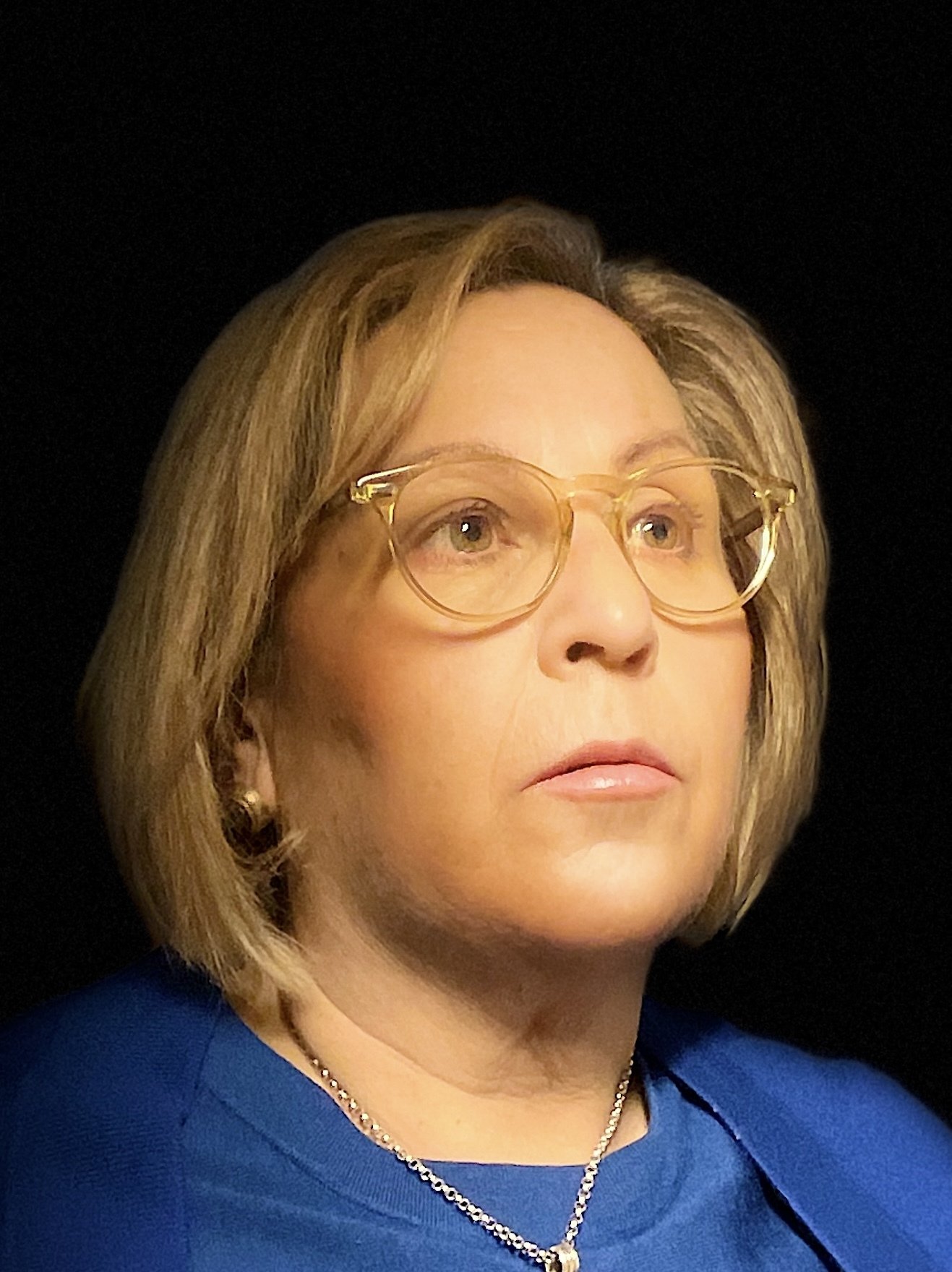Women of ERCOFTAC: Prof Maria Founti

Prof Maria Founti
What is your academic background?
I have been a Mechanical Engineer for nearly 40 years. My first degree (BSc) was in Nuclear Engineering from Queen Mary College. Then, in 1977, I moved to Imperial College where I was privileged to attend the “Heat Transfer Engineering” MSc. At these relatively early times of CFD, this course was unique. It implanted in the DNA of all those that attended it the word “Computational Fluid Mechanics”, combining physical understanding with the - at that time – undiscovered potential of modelling.
However, experimental fluid mechanics won me over. I continued at Imperial College to do my Ph.D. in combustion under the supervision of Jim Whitelaw, combining laser Doppler Anemometry with CFD….who can forget those days of brainstorming about the potentials of the different PDE discretization schemes, of 2nd order turbulence models, of analog versus digital LDA signal processing!
Just to give an example for the younger readers and those that can remember, it was the time of TEACH-2E (two dimensional, elliptic solver)…and the challenge was to transform it to a 3D code. We were running our cases in the mainframe computer of Imperial, with a domain resolution of max. 30x30 grid lines for combustion….
In the late 70 to early 80s, mechanical engineering was considered a hard topic, especially for women. We had some good times…competing with the “more powerful”.
Nevertheless, this period motivated me and allowed me to gain work/research experience in England, Germany (five years at the Lehrstuhl für Strömungsmechanik at the University of Erlangen) and Portugal (close collaboration with the Instituto Superior Tecnico).
I moved back to Greece in 1987 and since then I have climbed all the academic steps in the Mechanical Engineering Department of the National Technical University of Athens, being professor and director of the Laboratory of Heterogeneous Mixtures and Combustion Systems since 2002.
What is your research specialization?
Very difficult to define. I have been teaching combustion and multi-phase-reactive flows for over 35 years. However, my research projects cover areas from fundamental combustion to energy efficiency in buildings, to fire engineering, to techno-economic-environmental assessment of energy systems.
I could say that my research specialization is synthesizing ideas from the broad field of energy.
What projects are you working on currently?
We just started a project on supercritical combustion of renewable fuels for gas turbine applications. We are completing a project on the application of high temperature microwave ovens in energy - demanding industries. In two other projects, we are looking at the potential of wood/CLT and of smart-electrically controlled glazings for energy savings and fire protection of buildings. I am coordinating an EU project aiming to develop hybrid building façade kits, integrating RES and storage, for the renovation of buildings towards net-zero energy consumption. As you can see, my activities are very diverse.
Was there a woman who inspired you to get into your field?
It is funny that you ask me this question. When I was young, 14 or 15, I was impressed by the biography and scientific life of Marie Skłodowska–Curie. Since then, I pictured myself in a lab doing research (….in a white apron anxiously waiting for the “reaction” to be completed; this never happened). It was at that age that I decided to study engineering, and I do not regret it.
What motivates you to work on fluid mechanics, or what you find fascinating about it?
Passion and devotion to what I am doing was a dominant factor in deciding what to do in my life. I never questioned myself “Why combustion? Why fluid mechanics”.
Combustion is a field that combines knowledge from very different phenomena and disciplines, from very basic engineering to very advanced theoretical knowledge. This is what fascinates me and continuously renews my attraction to research.
What advice would you give to young women wanting to get into STEM?
Believe in yourself and follow your dreams. Don’t compromise, set realistic goals and try as hard as you can. The more you do, the more creative you feel.
What are the benefits of being a member of ERCOFTAC?
ERCOFTAC, and especially the Bulletins, are an excellent source of high-level research results. The members have access to new research trends and activities around Europe, across a broad spectrum of thematic topics. This is difficult to find in such a condensed and organized manner, as in ERCOFTAC. Keep it up!
